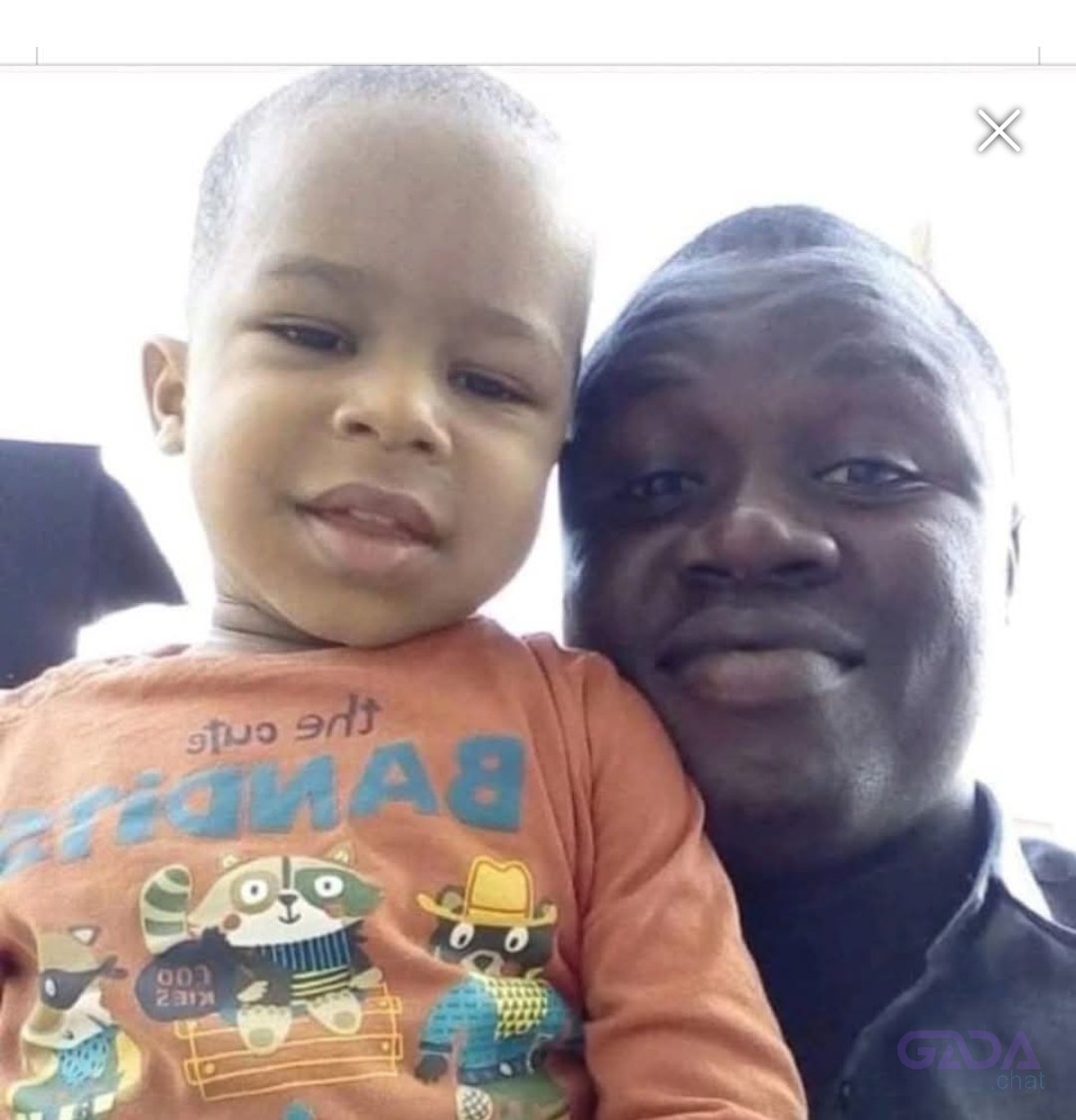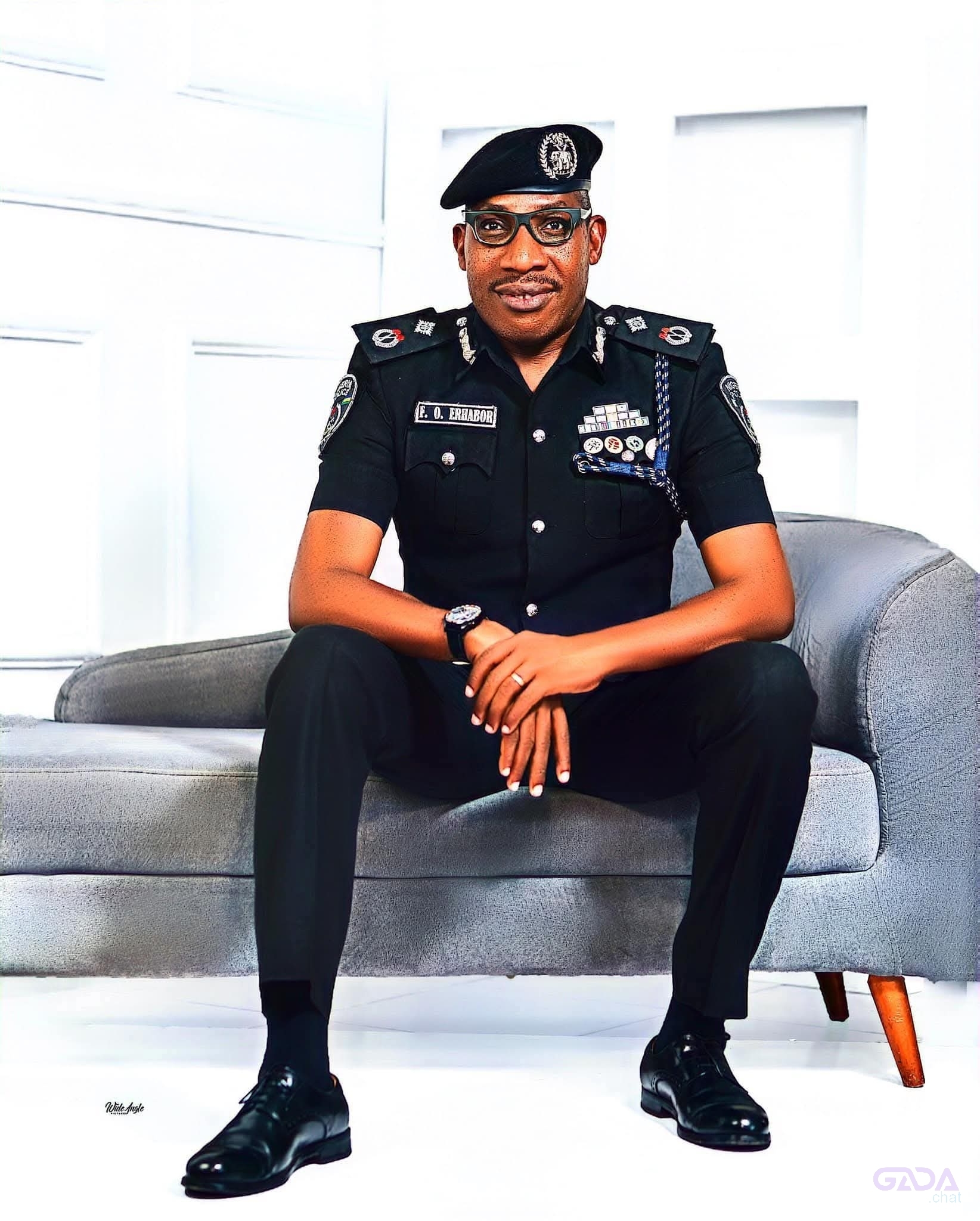*SCHOOL WITCHES *
*Episode One: The Meat of the Innocent*
The sun stood reluctantly over Abuja, its golden face veiled in clouds as if it too dreaded what would unfold at Ivory City College. Chinasa sat quietly at the back seat of her parents' car, fingers twisting the hem of her green skirt, her heart pounding like a caged drum. Her eyes darted from her father’s stern silence to her mother’s gentle hands resting over hers.
It was her final year in junior secondary school—JSS Three. The year that mattered.
The car rolled to a stop in front of Hostel A, and as the door swung open, her mother stepped out first. Chinasa hesitated. Her father came around, opened her door, and handed her the small purple travel bag.
"Chinasa, be strong," her mother whispered as she embraced her tightly, her perfume clinging to Chinasa like a memory that wouldn’t wash off.
Tears rolled down her cheek before she could stop them.
They waved at her from the car as they drove off, and Chinasa stood frozen, her chest crumbling like dry leaves underfoot.
Then came the whirlwind of noise—
"Na wa o! Chinasa you dey cry?"
She turned.
Betty, her wild-haired best friend, sprinted across the hostel lawn, flanked by Asia and Chommy. They wrapped their arms around her, bursting into giggles, teasing and tugging playfully at her braids. Chinasa laughed through tears as they grabbed her boxes and dragged her toward the hostel doors.
Inside the large hall, the air was thick with the musty scent of bodies and bunk beds. Over two hundred girls shared the space, giggling, gossiping, some already changing into dorm wear. Asia and Betty helped her unpack, throwing jokes as they folded her clothes into the metal locker beneath the bunk.
Then the assembly bell clanged.
Like soldiers in chaos, students poured out into the gravel paths, flowing into the giant hall with rusted fans and a faint smell of varnish. On stage stood Mrs. Barbara, headmistress of Ivory City College, a woman known for her thick-rimmed glasses and voice that cracked like thunder.
"Welcome to a new term at Ivory City!" she roared. "This is not your village. Obedience is not optional. You are young women being prepared for society!"
Behind her stood the new prefects, eyes sharp as hawks. Some students clapped. Some stared like hostages.
That evening, the dining hall erupted with madness.
Noise bounced from wall to wall. Pantry boys and girls served trays of fried rice and chicken, but order was a myth. Students screamed across tables, fought over meat, some devoured food with open mouths, utensils forgotten.
At one corner, Chinasa sat with Betty, Asia, Chommy—and three boys from their class. Among them was Victor, tall, quiet, with a face sculpted like it belonged in a storybook. He stared at Chinasa like he was seeing a spirit.
She didn’t notice.
From her school bag, she brought out a silver flask, its body smooth and warm from the sun. She opened it, and thick chunks of stewed meat slid out, oily, glistening, spiced. The aroma captured the attention of everyone around her. Asia and Chommy didn’t wait—they scooped pieces greedily, stuffing their mouths. The boys reached for some too.
All except Victor.
He just watched her.
Betty nudged Chinasa. “Why you no go chop your own meat? You dey do fine girl?”
“I’m okay with the chicken they gave us,” Chinasa replied quietly.
“No try that nonsense,” Betty said with a smile that didn’t reach her eyes. “Na my mum prepare this meat for you. Anything I eat, you go eat too.”
Chinasa hesitated. The meat looked too rich, too tender to resist. Guilt slid off her like a shawl. She picked a chunk and placed it over her green rice. The first bite melted in her mouth—juicy, buttery, laced with flavors she’d never tasted before.
“Betty, this meat is mad o! What meat is this?”
Betty grinned. “Human meat.”
Chinasa stopped chewing. “What?”
“I dey joke jare. It’s from my papa’s ranch. Young bull. Special breed.”
Chinasa laughed. “Better talk true. This meat taste like sin.”
They all laughed.
But shortly after, Chinasa’s vision blurred. The world tilted like a room with a crooked floor. She stood up, mumbling something about needing to rest. The walk to the hostel was like wading through fog.
By the time she lay on her bed, her bones felt hollow. Then darkness took her.
---
She was flying.
Her arms were wings—feathers sprouting from her shoulders. She gasped for air. She wasn’t dreaming; she was moving through night sky, trees rising below like jagged teeth.
She slammed into a tree. Pain pierced her chest.
She spiraled through the wind like a falling star, unable to scream.
She crashed into a forest clearing.
The open space was lit by hundreds of fire torches, their flames casting shadows on more than five hundred masked dancers circling a throne carved of skulls and bone. They wore brown ragged clothes, chanted in a language older than pain. The drums shook the ground.
White men. Black women. Children. Teenagers.
Witches.
At the center, on the throne, sat the Queen Mother—masked, unmoving, glowing.
“Unmask!” her voice rang like a bell soaked in fire.
One by one, the dancers removed their masks.
Chinasa gasped.
Betty.
Asia.
Chommy.
A teacher from school.
A kitchen woman.
Even the boy who once cleaned toilets.
No. No no no.
She turned to run.
But something was already behind her.
Demons.
They flew like bats but had the heads and arms of men. Their skin was scaled like crocodiles. Their eyes were blood red, tongues long and split. They grabbed her and tossed her into the center circle like a ragdoll.
“Feed her,” the Queen commanded.
“No!” Chinasa screamed, struggling, crying. “I won’t eat!”
The demons pried her jaw open. A wet, warm piece of meat was shoved into her mouth. Blood. It was blood. They forced her to swallow.
Then everything went black.
---
She woke up at 2:03 AM, gasping, drenched in sweat.
She felt like she had been beaten with iron rods. Her ribs screamed in pain. Her arms had scratches—fresh, real. Her knees were bruised.
“God… what is this?”
She leaped from her bunk, her chest pounding. She checked her arms. The marks were still there. Her body had brought the dream into the real world.
Outside, the night was silent.
Too silent.
She looked toward Betty’s bunk.
The girl was fast asleep… with a smile on her lips.
---
To be continued...
IF I can get thirty shares today I'll write three episodes tomorrow
*SCHOOL WITCHES 🔥🔥🔥🔥🔥🔥*
*Episode One: The Meat of the Innocent*
The sun stood reluctantly over Abuja, its golden face veiled in clouds as if it too dreaded what would unfold at Ivory City College. Chinasa sat quietly at the back seat of her parents' car, fingers twisting the hem of her green skirt, her heart pounding like a caged drum. Her eyes darted from her father’s stern silence to her mother’s gentle hands resting over hers.
It was her final year in junior secondary school—JSS Three. The year that mattered.
The car rolled to a stop in front of Hostel A, and as the door swung open, her mother stepped out first. Chinasa hesitated. Her father came around, opened her door, and handed her the small purple travel bag.
"Chinasa, be strong," her mother whispered as she embraced her tightly, her perfume clinging to Chinasa like a memory that wouldn’t wash off.
Tears rolled down her cheek before she could stop them.
They waved at her from the car as they drove off, and Chinasa stood frozen, her chest crumbling like dry leaves underfoot.
Then came the whirlwind of noise—
"Na wa o! Chinasa you dey cry?"
She turned.
Betty, her wild-haired best friend, sprinted across the hostel lawn, flanked by Asia and Chommy. They wrapped their arms around her, bursting into giggles, teasing and tugging playfully at her braids. Chinasa laughed through tears as they grabbed her boxes and dragged her toward the hostel doors.
Inside the large hall, the air was thick with the musty scent of bodies and bunk beds. Over two hundred girls shared the space, giggling, gossiping, some already changing into dorm wear. Asia and Betty helped her unpack, throwing jokes as they folded her clothes into the metal locker beneath the bunk.
Then the assembly bell clanged.
Like soldiers in chaos, students poured out into the gravel paths, flowing into the giant hall with rusted fans and a faint smell of varnish. On stage stood Mrs. Barbara, headmistress of Ivory City College, a woman known for her thick-rimmed glasses and voice that cracked like thunder.
"Welcome to a new term at Ivory City!" she roared. "This is not your village. Obedience is not optional. You are young women being prepared for society!"
Behind her stood the new prefects, eyes sharp as hawks. Some students clapped. Some stared like hostages.
That evening, the dining hall erupted with madness.
Noise bounced from wall to wall. Pantry boys and girls served trays of fried rice and chicken, but order was a myth. Students screamed across tables, fought over meat, some devoured food with open mouths, utensils forgotten.
At one corner, Chinasa sat with Betty, Asia, Chommy—and three boys from their class. Among them was Victor, tall, quiet, with a face sculpted like it belonged in a storybook. He stared at Chinasa like he was seeing a spirit.
She didn’t notice.
From her school bag, she brought out a silver flask, its body smooth and warm from the sun. She opened it, and thick chunks of stewed meat slid out, oily, glistening, spiced. The aroma captured the attention of everyone around her. Asia and Chommy didn’t wait—they scooped pieces greedily, stuffing their mouths. The boys reached for some too.
All except Victor.
He just watched her.
Betty nudged Chinasa. “Why you no go chop your own meat? You dey do fine girl?”
“I’m okay with the chicken they gave us,” Chinasa replied quietly.
“No try that nonsense,” Betty said with a smile that didn’t reach her eyes. “Na my mum prepare this meat for you. Anything I eat, you go eat too.”
Chinasa hesitated. The meat looked too rich, too tender to resist. Guilt slid off her like a shawl. She picked a chunk and placed it over her green rice. The first bite melted in her mouth—juicy, buttery, laced with flavors she’d never tasted before.
“Betty, this meat is mad o! What meat is this?”
Betty grinned. “Human meat.”
Chinasa stopped chewing. “What?”
“I dey joke jare. It’s from my papa’s ranch. Young bull. Special breed.”
Chinasa laughed. “Better talk true. This meat taste like sin.”
They all laughed.
But shortly after, Chinasa’s vision blurred. The world tilted like a room with a crooked floor. She stood up, mumbling something about needing to rest. The walk to the hostel was like wading through fog.
By the time she lay on her bed, her bones felt hollow. Then darkness took her.
---
She was flying.
Her arms were wings—feathers sprouting from her shoulders. She gasped for air. She wasn’t dreaming; she was moving through night sky, trees rising below like jagged teeth.
She slammed into a tree. Pain pierced her chest.
She spiraled through the wind like a falling star, unable to scream.
She crashed into a forest clearing.
The open space was lit by hundreds of fire torches, their flames casting shadows on more than five hundred masked dancers circling a throne carved of skulls and bone. They wore brown ragged clothes, chanted in a language older than pain. The drums shook the ground.
White men. Black women. Children. Teenagers.
Witches.
At the center, on the throne, sat the Queen Mother—masked, unmoving, glowing.
“Unmask!” her voice rang like a bell soaked in fire.
One by one, the dancers removed their masks.
Chinasa gasped.
Betty.
Asia.
Chommy.
A teacher from school.
A kitchen woman.
Even the boy who once cleaned toilets.
No. No no no.
She turned to run.
But something was already behind her.
Demons.
They flew like bats but had the heads and arms of men. Their skin was scaled like crocodiles. Their eyes were blood red, tongues long and split. They grabbed her and tossed her into the center circle like a ragdoll.
“Feed her,” the Queen commanded.
“No!” Chinasa screamed, struggling, crying. “I won’t eat!”
The demons pried her jaw open. A wet, warm piece of meat was shoved into her mouth. Blood. It was blood. They forced her to swallow.
Then everything went black.
---
She woke up at 2:03 AM, gasping, drenched in sweat.
She felt like she had been beaten with iron rods. Her ribs screamed in pain. Her arms had scratches—fresh, real. Her knees were bruised.
“God… what is this?”
She leaped from her bunk, her chest pounding. She checked her arms. The marks were still there. Her body had brought the dream into the real world.
Outside, the night was silent.
Too silent.
She looked toward Betty’s bunk.
The girl was fast asleep… with a smile on her lips.
---
To be continued...
IF I can get thirty shares today I'll write three episodes tomorrow









